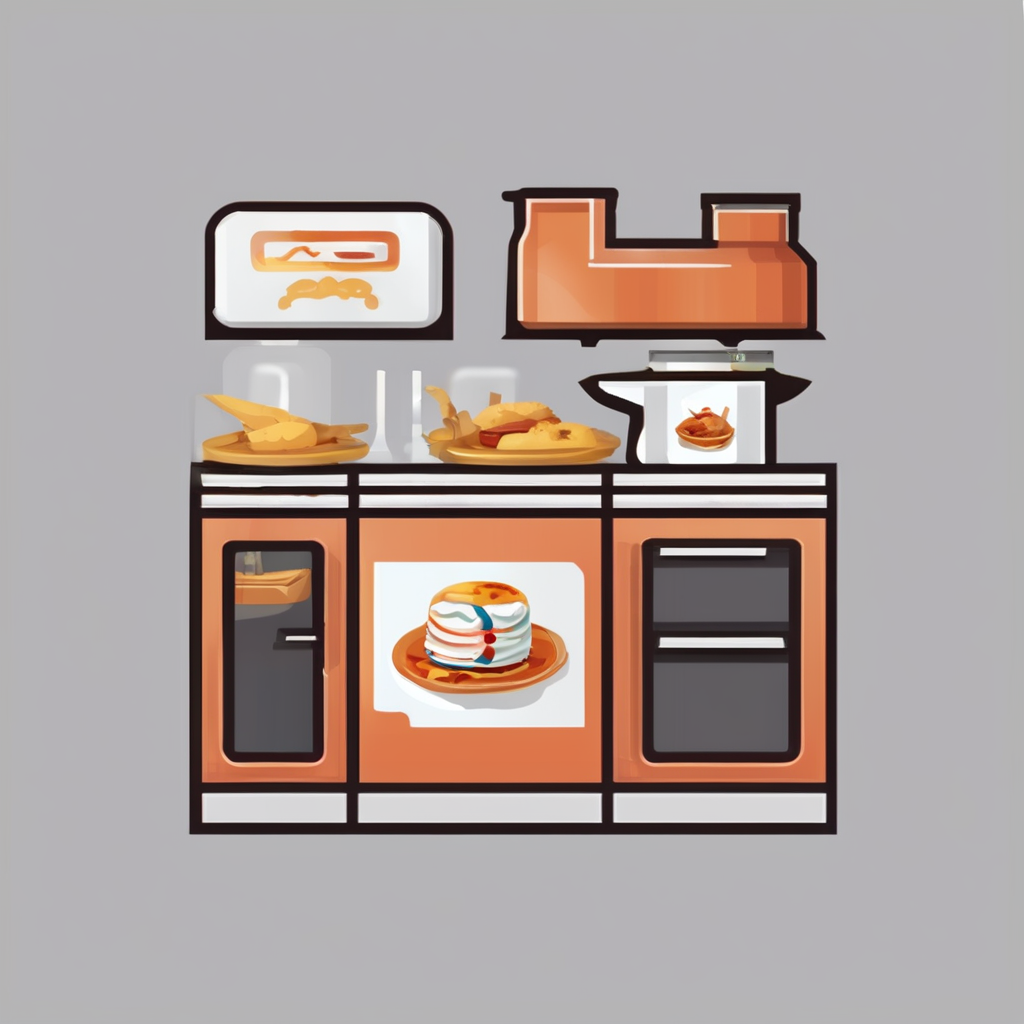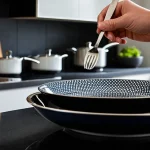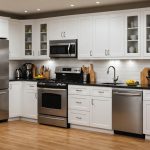Major Trends Shaping the Future of British Kitchens
Anticipated shifts in the future of British kitchens reflect a blend of evolving aesthetics and practical innovation. Over the next 5-10 years, British homeowners are expected to favor a balance between minimalist designs and warm, inviting textures. This trend aligns with broader kitchen trends UK, where a fusion of global influences—such as Scandinavian simplicity and Japanese functionality—is merging with British lifestyle changes focusing on comfort and versatility.
A key driver behind these shifts is the demand for customisation, allowing kitchens to serve multipurpose roles beyond mere cooking spaces. Consumers increasingly prioritize features that support wellness, socialising, and work-from-home adaptations. This evolving lifestyle directly influences contemporary kitchen design innovations that promote openness and flexibility.
Also read : How are open-plan kitchens influencing UK home lifestyles?
Moreover, technology integration and sustainability are becoming vital in shaping concepts. Consumers expect designs that accommodate smart appliances seamlessly while embracing eco-conscious materials. These expectations are setting new standards, redefining what the future British kitchen looks like. Such innovation underscores the dynamic nature of the future of British kitchens and points to an exciting era ahead for homeowners and designers alike.
Technological Advancements and Smart Kitchen Innovations
Smart kitchen technology is rapidly reshaping the future of British kitchens by integrating connected devices that enhance efficiency and convenience. Kitchen innovation UK centers on appliances capable of communication via the Internet of Things (IoT), allowing users to monitor, control, and automate functions remotely. This connectivity transforms everyday cooking routines, turning kitchens into intelligent hubs.
Additional reading : How are UK homeowners incorporating sustainable practices in kitchen renovations?
Automation is another cornerstone, with smart storage solutions that optimise space and reduce clutter becoming increasingly popular. For example, sensor-activated cabinets and automated pantry inventory systems simplify organisation and meal prep. Kitchen innovation UK also embraces AI-powered assistants that offer recipe suggestions based on available ingredients, streamlining decision-making.
Impactful integration of smart kitchen technology addresses real consumer demands for practicality and time-saving convenience. As more homes adopt these advancements, connected kitchens will continue to evolve, creating seamless environments where technology supports lifestyle needs. This trend cements technology not just as a feature but as a defining element of future British kitchens.
Sustainable Materials and Eco-Friendly Practices
The future of British kitchens increasingly embraces sustainable kitchen materials UK to meet rising eco-conscious demands. Homeowners expect eco-friendly kitchens that combine style with environmental responsibility. This includes the use of recycled woods, bamboo, and low-impact composites that reduce carbon footprints without sacrificing durability or aesthetics.
Energy efficiency drives material selection as well. Appliances with high energy ratings and water-saving fixtures contribute to greener kitchen trends. For instance, LED lighting and induction hobs reduce electricity consumption, aligning with green kitchen trends that prioritize long-term savings and ecological impact.
Environmental regulations push manufacturers toward ethical sourcing and reduced waste in production. These policies influence kitchen design innovations by encouraging life-cycle assessments and cradle-to-cradle practices in material choices.
Consumers benefit from these shifts through kitchens that promote sustainability without compromising usability. Adopting sustainable kitchen materials UK supports cleaner indoor air quality and often incorporates surfaces resistant to bacterial growth, enhancing wellness alongside green goals. As eco-friendly kitchens gain popularity, their integration is a defining feature of future kitchen designs in the UK.
Evolving Consumer Preferences and Lifestyle Influences
Consumer lifestyles are driving significant shifts in the future of British kitchens. Increasingly, homeowners seek kitchen customisation trends that allow spaces to serve multiple functions beyond cooking. Open-plan layouts dominate, promoting fluidity between dining, working, and socialising areas, which reflects a broader move toward multipurpose kitchen spaces.
Wellness is another key priority shaping design choices. Features such as natural lighting, air purification, and ergonomic fittings respond to growing health awareness. This focus meets demands for kitchens that offer comfort and promote well-being as part of everyday life.
Social and cultural influences also play a role in shaping British kitchen lifestyle preferences. Homeowners prefer adaptable designs reflecting personal tastes and family dynamics while embracing inclusivity. For example, accessible kitchens accommodate diverse users without compromising style.
These evolving behaviours fuel the continuous evolution of kitchen design innovations that balance aesthetics with practicality. As lifestyles evolve, kitchens will increasingly be customised to support work-from-home needs, leisure, and sustainable living, marking a clear trend in the future of British kitchens.
Expert Insights and Industry Predictions for British Kitchens
Industry experts emphasize that the future of British kitchens will be defined by a seamless blend of innovation and personalisation. Leading designers highlight growing consumer interest in kitchen design innovations that prioritise adaptability, with spaces easily reconfigured for cooking, working, and socialising. This reflects wider UK kitchen industry trends focused on multifunctionality.
Market analysis confirms a surge in demand for smart appliances and sustainable materials, reinforcing the importance of kitchen innovation UK in future projects. Experts predict that connected kitchens will become the norm, as AI and IoT technologies provide increased convenience and efficiency. These technologies not only optimise appliance use but also support lifestyle-driven customisation.
Case studies illustrate how innovative British kitchens incorporate flexible layouts, eco-friendly choices, and integrated smart systems to meet diverse consumer needs. Industry leaders agree the next decade will see a stronger alignment between technological advancements and evolving consumer preferences, underscoring the importance of expert guidance in design decisions.
Ultimately, insights from architects and kitchen design experts provide valuable foresight, helping homeowners make informed choices that align with emerging UK kitchen industry trends. This expert knowledge is crucial for those aiming to create a modern, sustainable, and highly functional kitchen environment.




